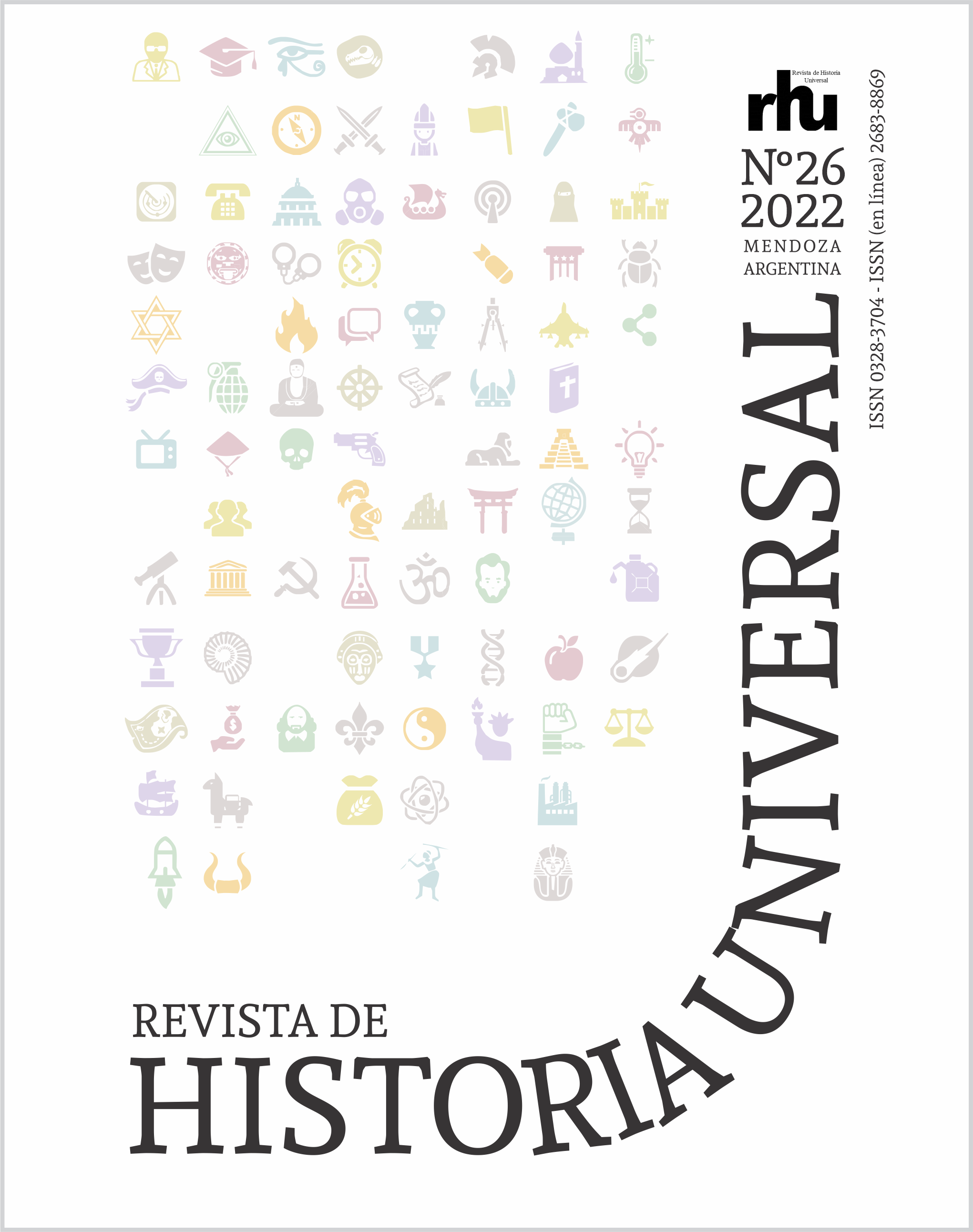Theology and Federalism in Politica of Johannes Althusius
Keywords:
theology, federalism, Althusius, pact, CalvinismAbstract
By describing and analysing the positions concerning the issue of Federalism in the work of Johannes Althusius (1563-638), a panorama of his visions on associations (consociatio) will be obtained. These associations function as a brake in the political power over individuals. They also function as one of the main criticisms to the centralization of power described at the beginning of the Modern age. Likewise, this author can be studied as a link between the medieval and the modern thought. From the first, the idea of an organic society is outlined, a society conformed by public and private associations. From the second, Althusius considers that political and legal sciences belong to autonomous fields of theological study. However, a secular model is not conceived, since a close connection is maintained between the Natural Law and the religious authority.
This paper aims at investigating the existence of a correlation between the Theology of Pact (pactum) and the model of Federal organization. There are many contemporary studies that revalue the German’s work, which was relegated for about two centuries. The main author in resuming the Althusian thought, was the German jurist Otto von Gierke, at the end of the XIXth Century.
References
Althusius, J. (1614). Politica: An abridged translation of Politics Methodically Set Forth and Illustrated with Sacred and Profane Examples. Liberty Fund.
Calvino, J. (1997). Epístola a los hebreos. Grand Rapids: Subcomisión de Literatura Cristiana.
Carvajal, P. (2003). La Política de J. Althusius como Discurso Monarcómaco Liberal. Revista de Estudios Histórico-Jurídicos, 25, 477-482.
De Benoist, A. (2000). The First Federalist: Johannes Althusius. Telos: Critical Theory of the Contemporary, 118, 25-58.
Elazar, D. (1987). Exploring Federalism. University of Alabama Press.
Elazar, D. (1991). The Multi-Faceted Covenant: The Biblical Approach to the Problem of Organizations, Constitutions, and Liberty as Reflected in the Thought of Johannes Althusius. Constitutional Political Economy 2(2), 187-208.
Fernández de la Mora, G. (1991). El Organicismo de Althusio. Revista de Estudios Políticos (Nueva Época), 17, 7-38.
Fioravanti, M. (2001). Constitución: de la Antigüedad a nuestros días. Editorial Trotta.
Hueglin, T. (1979). Johannes Althusius: Medieval Constitutionalist or Modern Federalist? Publius, 9(4), 9-41.
Hueglin, T. (1999). Early Modern Concepts for a Late Modern World: Althusius on Community and Federalism. Wilfrid Laurier University Press.
Huesbe Llanos, M. (2005). La Irrevocabilidad del Pacto en Autores Protestantes Franceses del Siglo XVI. Revista de Estudios Histórico-Jurídicos, 27, 329-338.
Huesbe Llanos, M. (2015). Los Cincuenta Años De la Arnisaeusforschung y los Cuatrocientos años del Tratado “De Republica” de Henning Arnisaeus. Revista de Estudios Histórico-Jurídicos, 37, 543-554.
Levaggi, A. (2007). Confederación y Federación en la Génesis del Estado Argentino. Departamento de Publicaciones Facultad de Derecho UBA.
Lijphart, A. (2000). Modelos de Democracia: Formas de Gobierno y Resultados en Treinta y Seis países. Ariel.
Medina Núñez, I. (2014). Política, Democracia y Liberalismo en el Origen de la Época Moderna. Espiral 21, 60, 15-44.
Ortelius, A. (2019). Theatrum Orbis Terrarum. Biblioteca Virtual Miguel de Cervantes. https://www.cervantesvirtual.com/obra/theatrum-orbis-terrarum-941837/
Rabasa Gamboa, E. (2011). La Escuela de Cambridge: Historia del Pensamiento Político. Una Búsqueda Metodológica. En-claves del pensamiento V(9), 157-180.
Riley, P. (1976). Three 17th Century German Theorists of Federalism: Althusius, Hugo and Leibniz. Publius 6(3), 7-41.
Rivera García, A. (2013). Calvinismo, Republicanismo y Democracia: El Federalismo Calvinista. En A. Pescador Medrano, E. Antxustegi Igartua y
A. Adot Lerga (Eds.), Visiones Poliédricas sobre la Conquista de Navarra (pp. 120-138). Pamiela.
Sabine, G.H. (1979). Historia de la Teoría Política. Traducción por Vicente Herrero. Fondo de Cultura Económica.
Segovia, J. (2018). El Paraíso Republicano de la Tolerancia Religiosa: Los Países Bajos en el Siglo XVII. Verbo, (567-568), 557-595.
Skinner, Q. (2000). Significado y Comprensión en la Historia de las Ideas. Prismas, 4,149-191.
Van Gelderen, M. (1993). The Dutch Revolt. Cambridge University Press.
Vicens Vives, J. (1981). Historia General Moderna I. Siglos XV-XVIII. Vicens Bolsillo.
Woldring, H. (1998). The Constitutional State in the Political Philosophy of Johannes Althusius. European Journal of Law and Economics, 5, 123-132.
Downloads
Published
How to Cite
Issue
Section
License

This work is licensed under a Creative Commons Attribution-NonCommercial-ShareAlike 4.0 International License.







